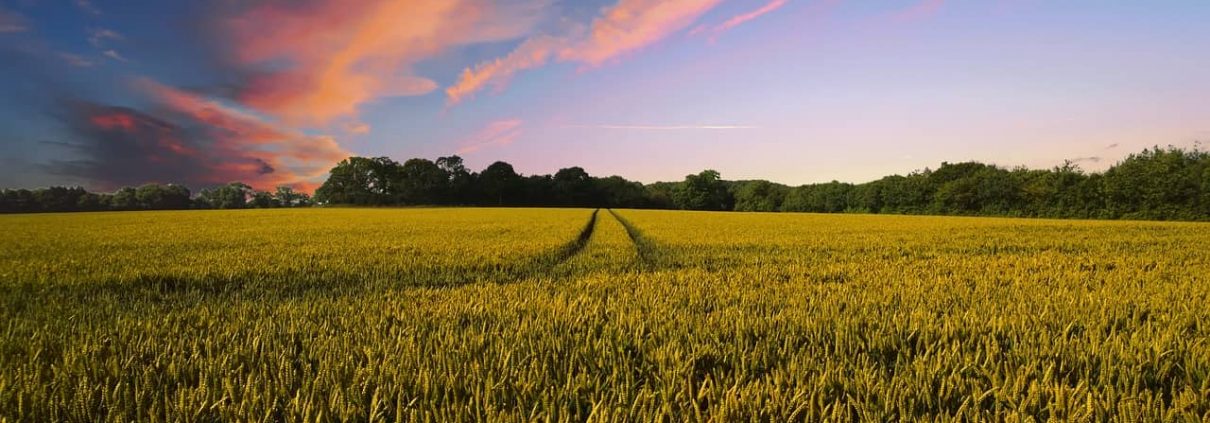How will Brexit Affect Farming?
Out of all British industry, farming and fishing are arguably the areas which will be impacted most after Brexit. Currently UK agriculture is bound by a plethora of EU regulations and agricultural policy, and many challenges and questions lie ahead for farmers once the nation formally leaves the European Union.
Negotiations are underway but there has been little reported on any agreements which have been made for the farming industries. The high standard of food standard and safety which is currently enforced by EU legal framework will need to be replicated, or even improved, so we don’t see a drop in quality. Animal welfare is also up for discussion as last year an EU animal sentience bill got rejected in Parliament.
UK farming also received a lot of EU funding – so hard pressed farming businesses may also be concerned about breaking even in the years to come following Brexit. Exporting fresh goods to the EU could possibly cost more, putting even more pressure on struggling farmers across the nation. The future of financing agriculture is dubious, leaving farmers in the dark about how to safeguard their business.
Here are some ways Brexit will impact UK agriculture and farming, according to The Soil Association.
Access to labour
Like all industries, food manufacturing and farming could be affected by the loss of skilled and unskilled workers from the EU, should they decide to return home or be unable to work legally in the UK. The entire food supply chain will be impacted if the labour pool is decreased.
Quality control
Whatever international trade deal is reached will impact the quality standards of UK products. For example if there is less competition from high quality EU food, UK producers may start cutting corners to reduce costs because they don’t have to remain competitive. We also need to ensure stringent standards on imports remain.
Additionally, currently EU law dictates what pesticides and chemicals can be used in UK agriculture. This poses a risk to post-Brexit farming if the same regulations and standards are not upheld or regulated.
Environmental impact
Farming is set to play a large part in the UK’s commitment to reduce carbon emissions by 80% by 2050, and the EU framework encourages farmers to reduce their environmental impact. Unless the majority of EU farming laws are voted into the new UK law, the environment could suffer.
Brexit offers the opportunity to re-evaluate UK farming and improve standards, but there are also immediate challenges which need addressing.



